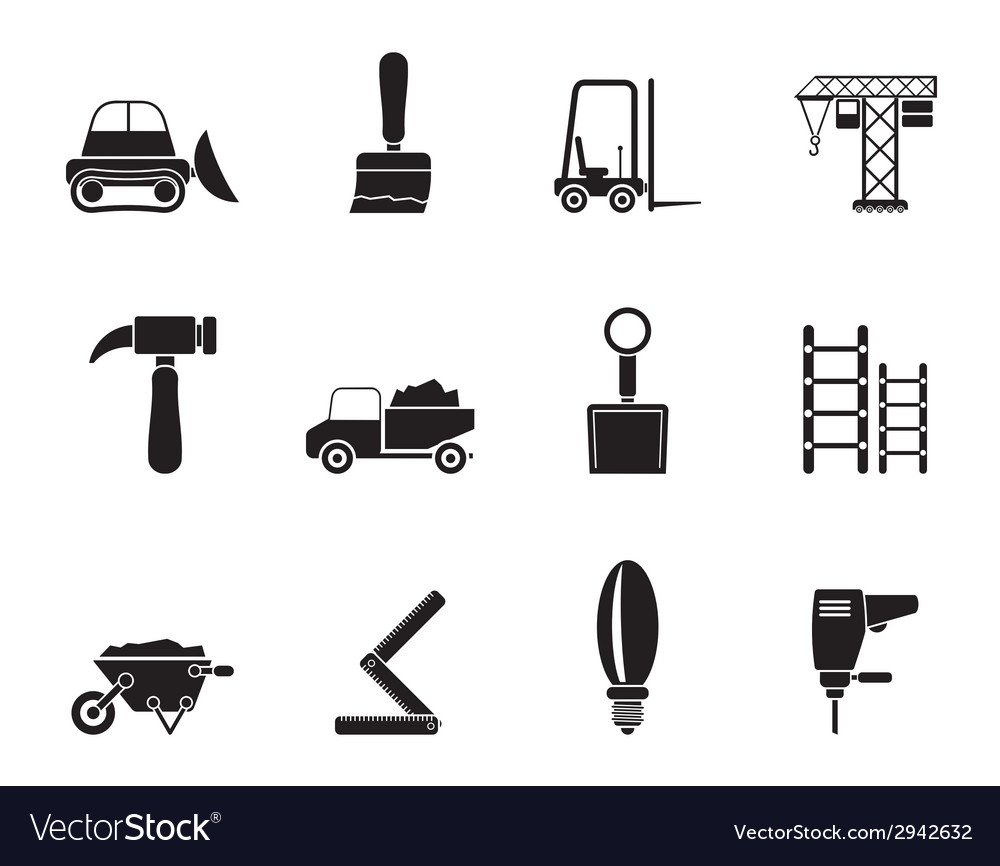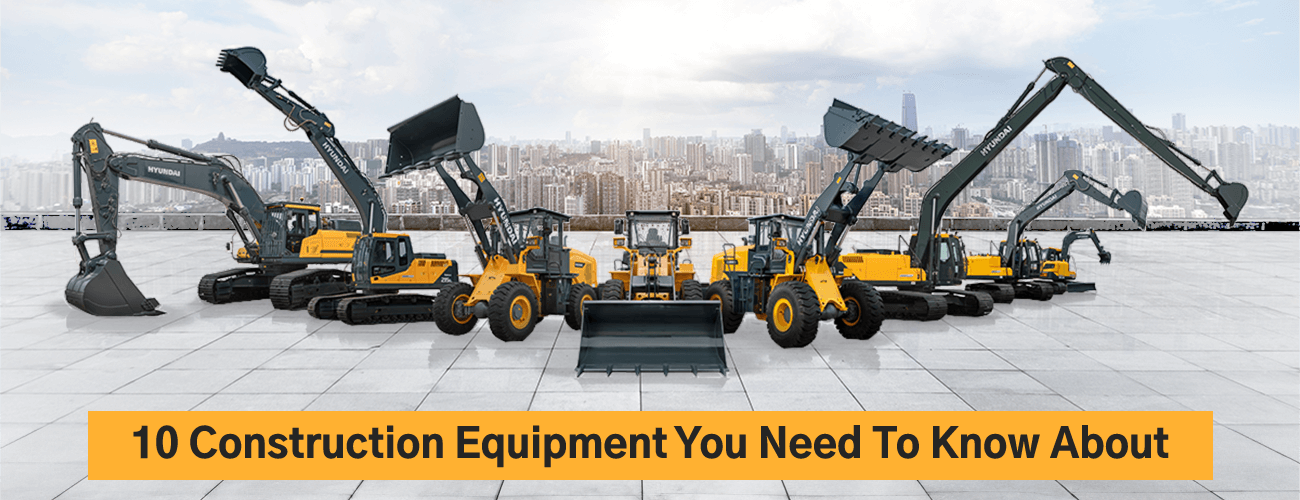Exploring the Financial Conveniences of Renting Building And Construction Equipment Compared to Possessing It Long-Term
The decision in between owning and leasing building tools is pivotal for monetary administration in the sector. Renting out offers immediate expense financial savings and functional adaptability, allowing companies to designate sources extra efficiently. In comparison, possession features substantial long-term financial commitments, including upkeep and devaluation. As professionals evaluate these options, the effect on capital, job timelines, and technology gain access to comes to be increasingly significant. Comprehending these subtleties is essential, especially when taking into consideration just how they straighten with details project needs and economic approaches. What variables should be focused on to make sure ideal decision-making in this facility landscape?

Price Contrast: Leasing Vs. Having
When examining the monetary ramifications of having versus leasing construction equipment, a comprehensive cost contrast is necessary for making notified decisions. The selection in between possessing and renting out can substantially affect a company's profits, and recognizing the associated costs is crucial.
Renting out building and construction equipment commonly includes reduced in advance costs, permitting services to allocate funding to other functional needs. Rental contracts frequently consist of versatile terms, enabling business to accessibility advanced equipment without long-term commitments. This adaptability can be especially advantageous for temporary tasks or varying work. However, rental expenses can gather in time, possibly surpassing the cost of possession if equipment is needed for an extensive period.
Alternatively, possessing construction devices needs a significant initial investment, together with recurring prices such as depreciation, insurance, and financing. While possession can bring about lasting financial savings, it additionally ties up capital and may not provide the exact same degree of flexibility as renting. Additionally, owning tools demands a dedication to its application, which might not constantly line up with job demands.
Ultimately, the decision to rent out or possess must be based on a detailed analysis of particular job requirements, financial capacity, and lasting critical goals.

Maintenance Costs and Obligations
The selection between renting out and having building equipment not just entails monetary considerations but also incorporates recurring upkeep costs and responsibilities. Owning tools calls for a considerable commitment to its upkeep, which consists of regular evaluations, repair work, and potential upgrades. These duties can quickly gather, causing unforeseen costs that can stress a budget plan.
In contrast, when renting out devices, maintenance is commonly the obligation of the rental company. This setup enables professionals to stay clear of the monetary concern linked with damage, as well as the logistical difficulties of scheduling fixings. Rental contracts frequently consist of arrangements for upkeep, indicating that contractors can concentrate on completing jobs instead than fretting concerning devices problem.
Additionally, the varied variety of tools available for rental fee enables business to pick the most recent versions with advanced innovation, which can boost effectiveness and performance - scissor lift rental in Tuscaloosa Al. By choosing services, businesses can prevent the lasting obligation of devices devaluation and the associated maintenance frustrations. Ultimately, examining upkeep expenses and duties is essential for making a notified choice about whether to rent or have building tools, considerably affecting total project costs and operational performance

Depreciation Influence On Possession

A significant element to think tool rental companies about in the choice to possess construction devices is the influence of devaluation on overall ownership costs. Depreciation represents the decline in value of the devices with time, affected by elements such as use, damage, and advancements in technology. As equipment ages, its market price reduces, which can substantially influence the proprietor's economic placement when it comes time to trade the tools or market.
For building and construction firms, this depreciation can translate to significant losses if the devices is not used to its fullest potential or if it comes to be outdated. Owners have to represent depreciation in their monetary projections, which can lead to greater overall prices compared to renting out. Furthermore, the tax ramifications of devaluation can be complex; while it might offer some tax obligation benefits, these are often countered by the reality of decreased resale worth.
Eventually, the burden of devaluation emphasizes the value of understanding the lasting financial dedication involved in having construction devices. Companies have to thoroughly review how often they will make use of the equipment and the prospective economic effect of devaluation to make an educated choice about ownership versus leasing.
Economic Versatility of Renting Out
Renting out construction tools offers considerable economic flexibility, enabling firms to assign resources extra efficiently. This versatility is specifically important in a sector this website identified by varying task demands and varying work. By deciding to rent, companies can prevent the significant resources outlay required for buying devices, protecting cash money flow for other operational requirements.
In addition, renting out tools makes it possible for firms to customize their tools choices to particular job demands without the long-lasting commitment connected with possession. This indicates that services can conveniently scale their tools stock up or down based upon existing and expected job requirements. Subsequently, this adaptability lowers the threat of over-investment in equipment that might end up being underutilized or outdated in time.
Another financial advantage of renting out is the possibility for tax obligation benefits. Rental repayments are typically thought about operating budget, enabling immediate tax obligation reductions, unlike depreciation on owned and operated tools, which is spread out over several years. scissor lift rental in Tuscaloosa Al. This prompt cost acknowledgment can even more improve a company's cash money position
Long-Term Project Considerations
When assessing the long-lasting needs of a building and construction organization, the decision in between renting and having devices ends up being more complex. Secret aspects to think about include job duration, regularity of use, and the nature of upcoming tasks. For tasks with prolonged timelines, purchasing tools may appear beneficial as a result of the potential for reduced overall expenses. However, if the devices will certainly not be utilized continually throughout projects, possessing may cause view website underutilization and unnecessary expenditure on insurance coverage, storage space, and maintenance.
Additionally, technological improvements posture a significant consideration. The building market is advancing swiftly, with new devices offering improved effectiveness and safety and security attributes. Renting out allows companies to access the most recent modern technology without dedicating to the high ahead of time prices related to investing in. This adaptability is especially useful for companies that take care of diverse tasks requiring various kinds of tools.
In addition, economic stability plays an important role. Possessing tools commonly involves significant capital expense and devaluation issues, while renting permits more foreseeable budgeting and money flow. Ultimately, the option between leasing and owning must be aligned with the critical goals of the construction service, thinking about both present and anticipated task demands.
Verdict
In conclusion, renting building devices supplies substantial financial advantages over long-lasting possession. Inevitably, the decision to rent rather than own aligns with the dynamic nature of building and construction tasks, permitting for adaptability and access to the newest devices without the monetary problems linked with possession.
As tools ages, its market worth lessens, which can significantly influence the owner's economic placement when it comes time to sell or trade the equipment.
Renting construction tools supplies substantial economic adaptability, permitting business to designate sources much more efficiently.Additionally, renting out devices allows companies to customize their devices options to particular project needs without the lasting commitment linked with possession.In final thought, renting building and construction devices provides substantial economic benefits over long-lasting ownership. Inevitably, the decision to rent rather than very own aligns with the dynamic nature of building and construction jobs, allowing for versatility and access to the most recent devices without the financial problems associated with possession.
Comments on “Equipment Rental Company in Tuscaloosa AL: Your Relied On Resource for Equipment”